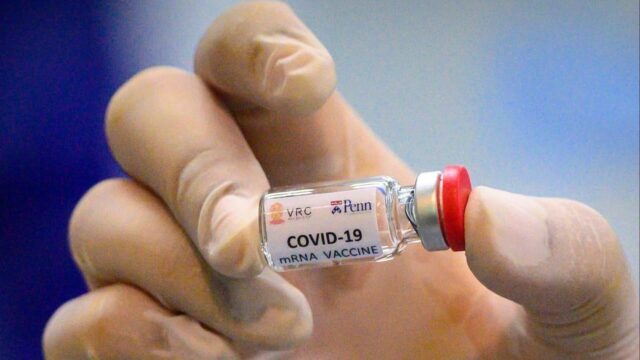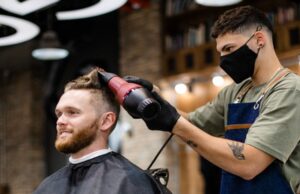COVID Variant NB.1.8.1 Emerges in the U.S.: Key Information on Symptoms and Booster Vaccine Policy Changes
The Centers for Disease Control and Prevention (CDC) has confirmed the presence of a new COVID-19 variant, dubbed NB.1.8.1, in several regions across the United States. This variant correlates with a notable surge in cases observed in China. The initial U.S. cases were traced back to late March and early April, detected through screening protocols at airports for international travelers.
A CDC spokesperson indicated, “We are in regular communication with international partners regarding the reported cases of this variant.” While case numbers in the U.S. remain low, concerns over its implications have arisen.
Symptoms Associated with NB.1.8.1
Experts report that the symptoms linked to the NB.1.8.1 variant are largely consistent with those identified in earlier strains of the virus. Dr. Subhash Verma, a microbiology and immunology professor at the University of Nevada, noted that common symptoms include:
- Cough
- Sore throat
- Fever
- Fatigue
Assessing the Variant’s Severity
According to Verma, preliminary data suggest that NB.1.8.1 is not associated with increased severity of illness compared to earlier variants, although it appears to possess a growth advantage, leading to greater transmissibility. In Hong Kong, health authorities stated that there’s no evidence indicating that this variant causes more severe symptoms than previous strains.
Dr. Amy Edwards, a pediatric infectious disease specialist at Case Western Reserve University, mentioned that laboratory data hint at the variant binding more readily to human cells, enhancing its transmission capability. However, she emphasized that this does not equate to a higher risk of severe illness.
Updated COVID-19 Vaccine Guidelines
In light of the emerging variant, the Food and Drug Administration (FDA) has announced changes regarding who can receive the updated COVID-19 booster shots this fall. The new policy primarily targets:
- Seniors
- Individuals with pre-existing medical conditions, including pregnancy and diabetes
The FDA has mandated that vaccine manufacturers conduct significant new clinical trials before extending availability to the general population. This decision may impact many Americans lacking underlying health concerns, restricting their access to the new booster.
Public Health Implications
Verma has expressed concerns about these limitations, noted for potentially creating barriers to vaccination. “While over 100 million Americans may qualify under the new criteria, the added hurdles could deter many from pursuing vaccination,” he stated. Edwards added that the criteria around pre-existing conditions appear vague, leading to potential confusion regarding eligibility and insurance coverage.
Preventive Measures Against Infection
Despite uncertainties surrounding vaccination access, health experts emphasize the importance of established preventive measures:
- Practice good hand hygiene
- Stay home when feeling unwell
- Wear a mask in crowded places
Edwards pointed out that wearing masks can significantly reduce the likelihood of transmitting infections, not solely for COVID-19 but for various respiratory viruses as well. In light of rising cases, authorities in Hong Kong have begun recommending mask usage in public transportation and cramped venues to mitigate the spread.
Summary of New CDC Recommendations
| Aspect | Details |
|---|---|
| Variant Name | NB.1.8.1 |
| Common Symptoms | Cough, Sore throat, Fever, Fatigue |
| Severity | Not more severe than previous variants |
| FDA Booster Eligibility | Seniors & those with pre-existing conditions |
| Public Health Advice | Hand hygiene, mask-wearing, staying home when unwell |
As the situation continues to evolve, it’s crucial to stay informed and adhere to the latest health recommendations for personal and community safety.














